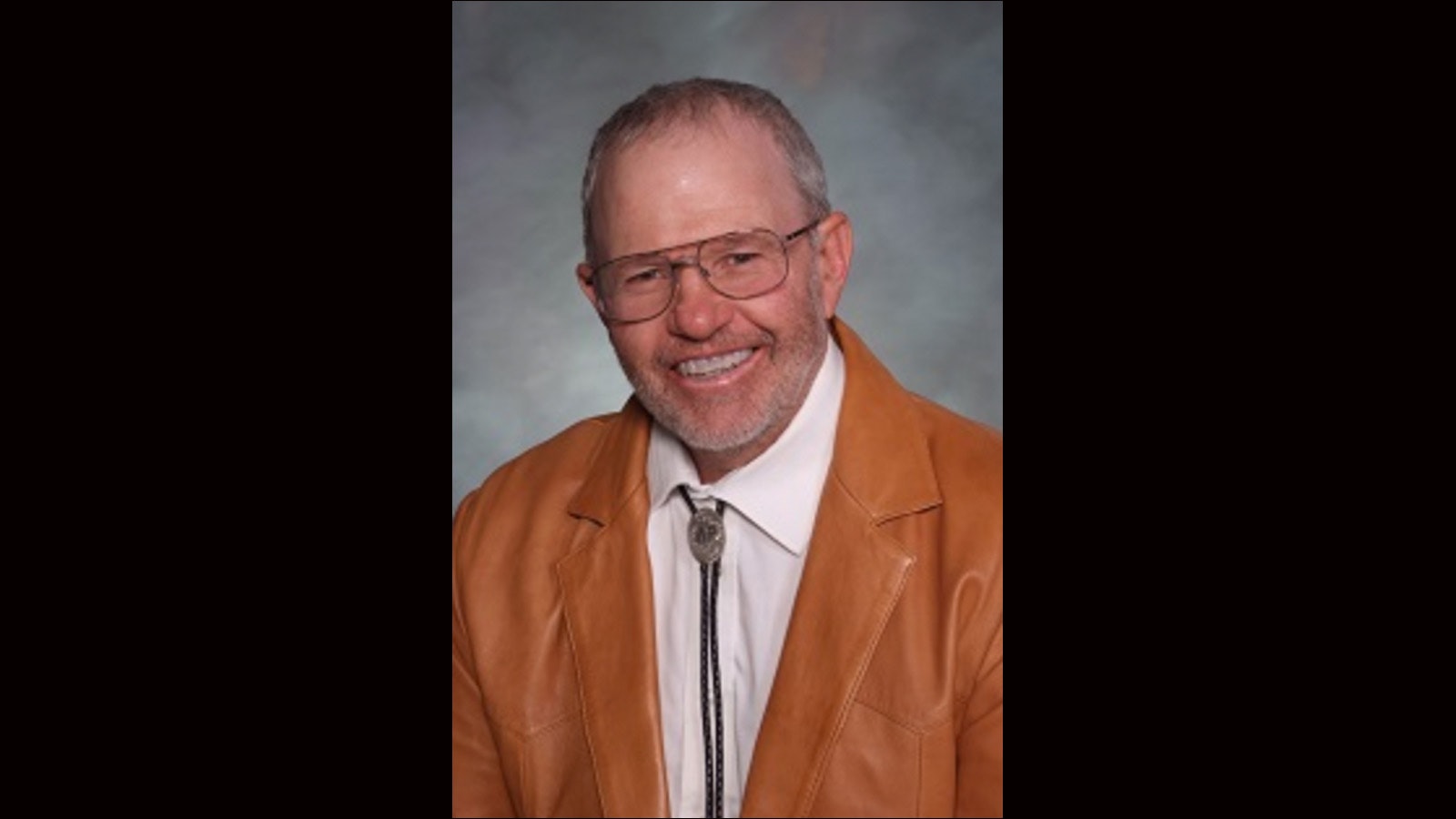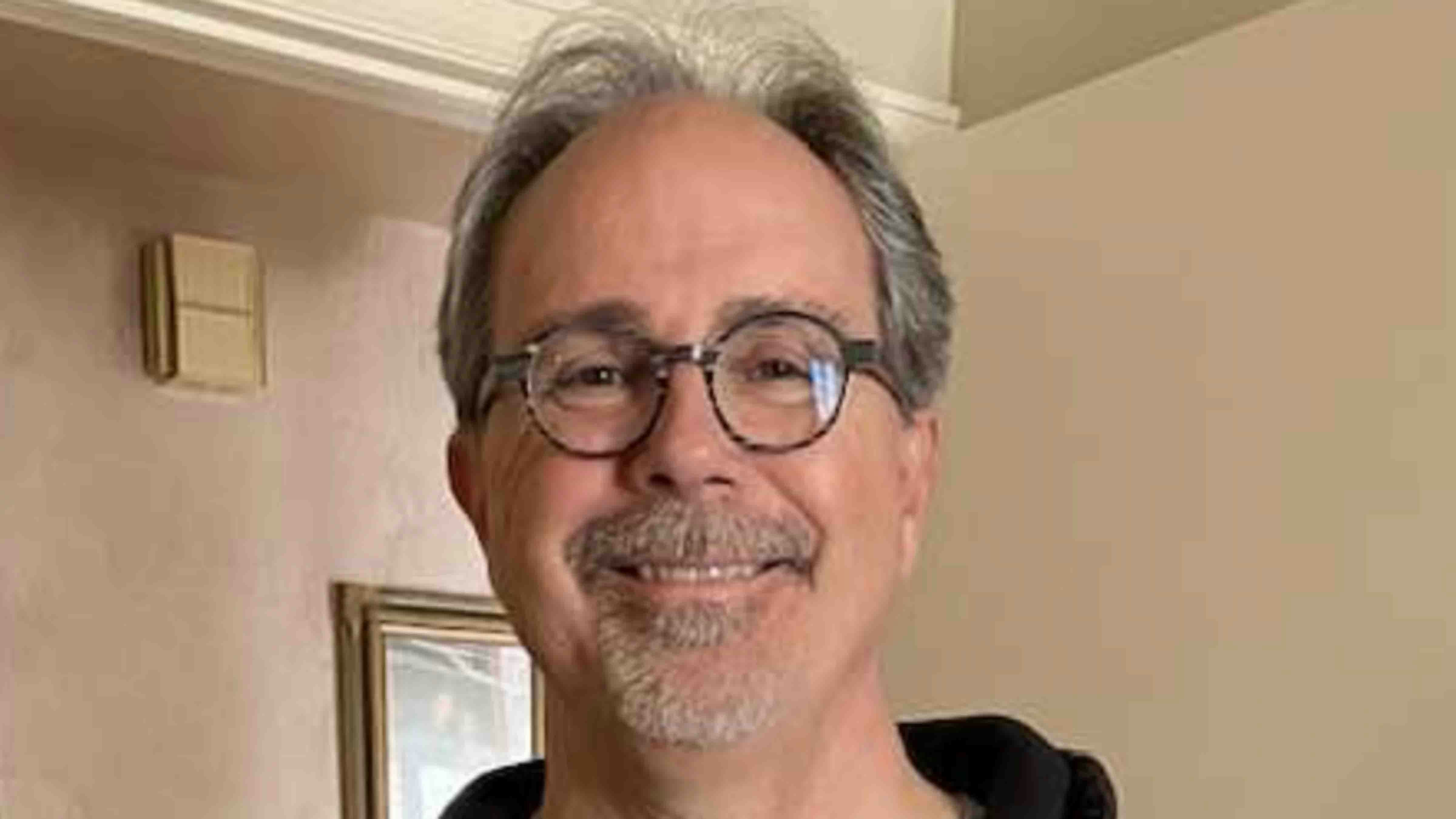By Albert Sommers, Guest Columnist
On October 30, members of the Freedom Caucus who sit on the powerful Wyoming House Appropriations Committee held a press conference in Cheyenne to publicize their priorities for crafting the next State Budget during the February 2026 Legislative Session.
This came just after an updated Consensus Revenue Estimating Group (CREG) report showed Wyoming’s revenues had surpassed January 2025 estimates: investment earnings were at record highs, now exceeding minerals as the top revenue source for the State’s General Fund.
At a time when Wyoming’s finances are strong, the Freedom Caucus’s response is to tear down the system that got us here. Their plan to eliminate local property taxes without a concrete plan to replace the revenue is worse than an empty campaign promise, and could drive us to the edge of a fiscal cliff.
According to Cowboy State Daily, House Chairman of Appropriations John Bear argued that property taxes are “antithetical to the vision of America’s founders.” That’s an interesting claim, considering property taxes have existed in America since 1634, well before our nation’s founding, and are part of every state’s tax structure.
In Wyoming, our own founders, who were merchants, ranchers, and bankers, wrote property taxes directly into the Wyoming Constitution as the mechanism to fund our counties, towns, and K–12 education.
Wyoming’s founders knew communities and schools needed stable revenue to survive; they also knew politicians would be tempted to promise tax cuts to buy votes. Maintaining the constitutional link between property taxes and public services was not an accident; it was a safeguard.
The Freedom Caucus claims to be constitutionalists, but the truth is they routinely try to ignore or alter the Constitution.
Rep. Bear has gone even further, explaining that under his plan, “the state will send a check to the county government to pay property taxes on behalf of the homeowners.” He says it could be done over 10 years using state surpluses generated by spending cuts.
What happens when there is nothing left to cut, the money runs dry, the checks stop, and so do state and local services?
Rep. Bear even acknowledged that a proposed fix like shifting to a sales tax “could backfire if used incorrectly. When you increase sales tax, it can affect the poorer communities, typically those in the middle of the state.”
He’s right about that. Sales tax revenue is concentrated in larger cities and tourist hubs like Teton County, while small towns and agricultural counties — with fewer buyers and consumers — would struggle to fund schools, roads, and law enforcement.
But struggling small towns likely aren’t a concern for the Freedom Caucus. Rep. Bear once said on the floor of the Wyoming House of Representatives that some small towns should probably die, implying they cost the state and taxpayers too much money. Do we really want to lose small-town Wyoming, the soul of our state?
Eliminating property taxes would either drain Wyoming’s savings, cut essential services, or force higher taxes elsewhere. None of these options is conservative, and all are dangerous.
Wyoming’s financial health didn’t happen by accident. It’s the result of decades of steady leadership and careful choices.
That’s why S&P Global raised Wyoming’s credit rating to AA+, citing “the rating action reflects our view of Wyoming’s demonstrated active budget monitoring, conservative revenue forecasting, and timely expenditure adjustments that we believe will continue to support structurally balanced financial performance, and the state’s maintenance of very high reserves that provide near term budgetary flexibility to mitigate potential revenue volatility from fluctuating energy markets or economic downturns.”
It’s a reminder that when Wyoming leads with discipline, it pays off.
Former House Speaker Pro Tem Clark Stith hit the nail on the head: “The Freedom Caucus has never passed a budget — ever — so I don’t know what they would be taking credit for.” I agree.
Wyoming’s stability exists in spite of the Freedom Caucus’s obstructionism, not because of it. Wyoming doesn’t need to fix what isn’t broken, it just needs to keep building on what’s working.
Albert Sommers served in the Wyoming House of Representatives for District 20 from 2013 - 2024 and was Speaker of the House from 2022-2023.






